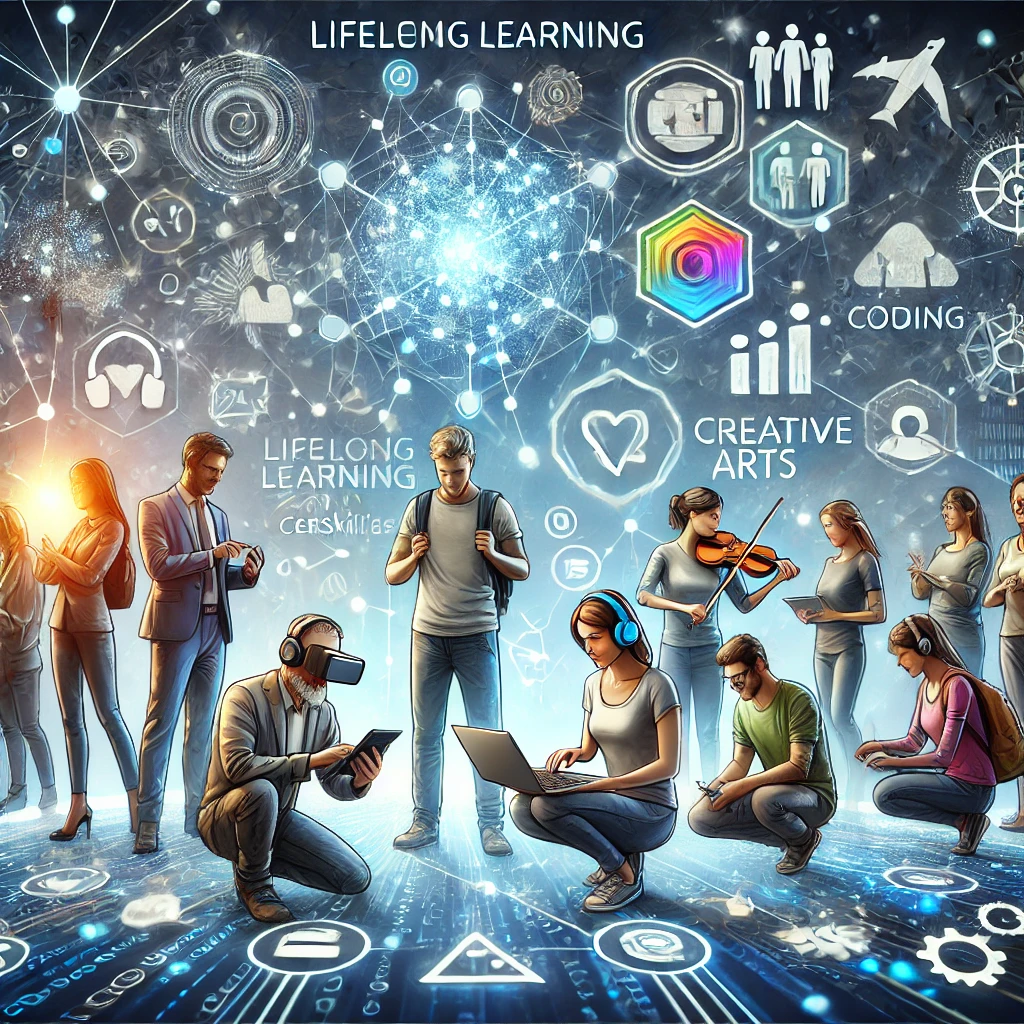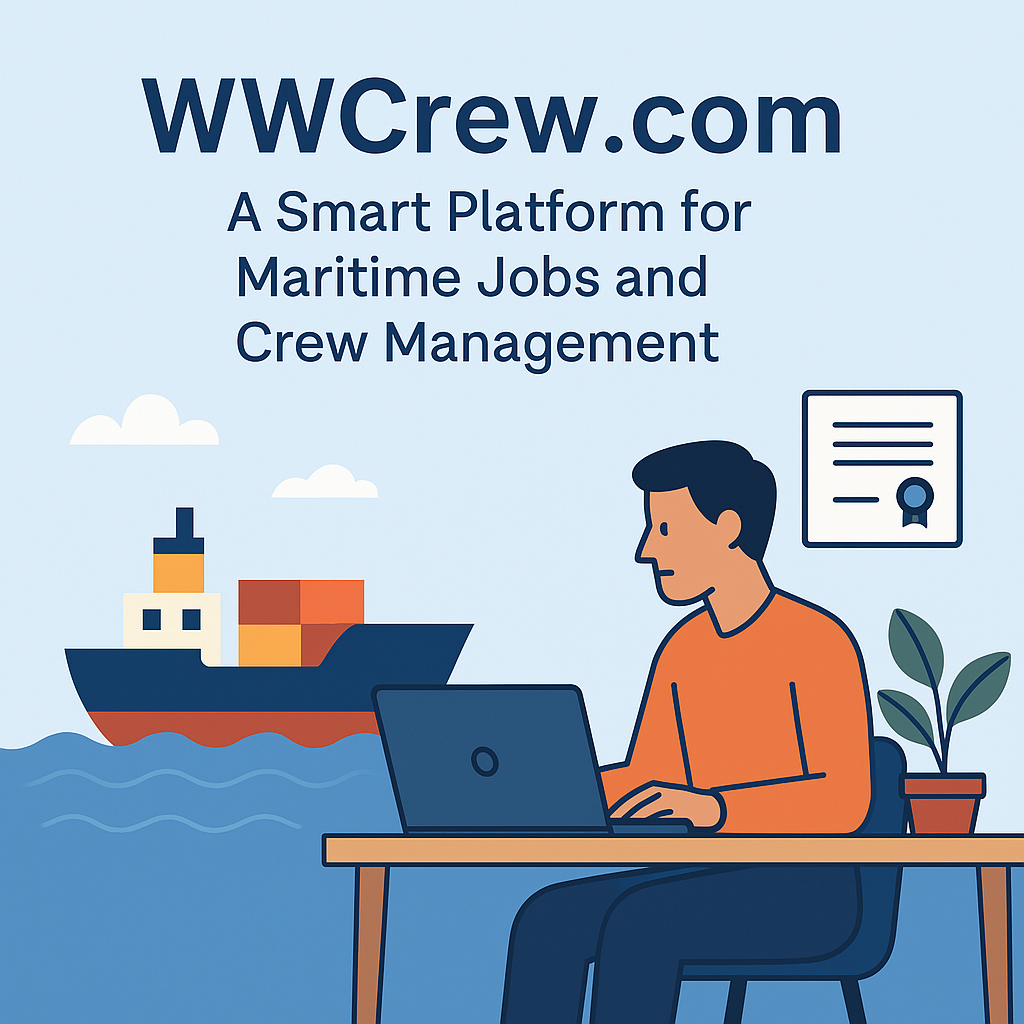In today’s fast-changing global economy, the need for lifelong learning and continuous skill improvement is more important than ever. Traditional education, while crucial, often cannot keep up with the fast pace of modern industries and technologies. As a result, both individuals and organizations are increasingly relying on lifelong learning platforms and upskilling initiatives to stay competitive.
This article looks at the growing popularity of lifelong learning platforms, how they contribute to personal and professional development, the advantages they offer, and their impact on the future of education and work.
1. Understanding Lifelong Learning
Lifelong learning refers to the ongoing process of learning new knowledge and skills throughout a person’s life. Unlike traditional education, which typically involves formal schooling, lifelong learning includes a wide range of activities, from online courses and certifications to hands-on experiences and self-directed studies.
Key Characteristics of Lifelong Learning:
- Self-Driven: Learners often identify gaps in their knowledge and take the initiative to address them.
- Flexible: Learning can happen at any time and place, whether through online platforms, workshops, or practical experiences.
- Goal-Oriented: Focuses on achieving specific objectives, such as career progression, personal development, or gaining new skills.
In a world constantly disrupted by technology, globalization, and shifting consumer needs, lifelong learning has become essential. People must adapt quickly and keep learning to stay relevant.
2. Exploring Upskilling Platforms
Upskilling platforms are digital tools and services created to help individuals and organizations gain new skills and competencies. These platforms cater to a variety of learning needs, from technical skills like programming to soft skills like communication.
Key Features of Upskilling Platforms:
- Personalized Learning Paths: Many platforms use AI to recommend courses based on the learner’s interests, goals, and skill gaps.
- Microlearning Modules: Short, focused lessons that fit into busy schedules.
- Gamification: Features like quizzes, badges, and progress tracking to keep learners engaged.
- Certifications: Credentials that validate the learner’s skills and improve employability.
Popular upskilling platforms include Coursera, Udemy, LinkedIn Learning, and edX. These platforms have made education more accessible, allowing people from various backgrounds to acquire valuable skills.
3. The Rise of Lifelong Learning and Upskilling Platforms
The increasing use of lifelong learning and upskilling platforms is due to several factors:
- Technological Advancements Digital technologies have transformed education by making it more accessible and affordable. Online learning platforms use video lectures, virtual classrooms, and AI tools to provide high-quality education to learners around the world.
- Changing Job Market Dynamics The World Economic Forum predicts that by 2025, 50% of employees will need reskilling due to automation and technological advances. Lifelong learning platforms meet this demand by offering courses in new fields like artificial intelligence, blockchain, and cybersecurity.
- Demand for Soft Skills Although technical skills are important, employers increasingly value soft skills such as adaptability, emotional intelligence, and teamwork. Many platforms offer courses to enhance these skills, making learners more versatile and effective at work.
- Affordability and Accessibility Traditional education can be costly and time-consuming. Lifelong learning platforms provide affordable alternatives, often offering free or low-cost courses.
In summary, lifelong learning and upskilling platforms are crucial in today’s rapidly changing world. They help individuals stay competitive and relevant by providing flexible, affordable, and accessible education tailored to their needs. Many platforms enable learners to progress at their own speed, making education more adaptable and inclusive.
4. Benefits of Lifelong Learning and Upskilling Platforms
4.1. For Individuals
- Career Advancement: Upskilling boosts employability by providing individuals with essential skills. It can also lead to promotions, higher salaries, and new job opportunities.
- Personal Growth: Continuous learning improves critical thinking, creativity, and self-confidence, enriching both personal and professional lives.
- Flexibility: Learners can decide when, where, and how to study, allowing them to manage education alongside other responsibilities.
- Global Networking: Online platforms often feature forums and collaborative projects, enabling connections with peers and mentors worldwide.
4.2. For Organizations
- Enhanced Productivity: Employees with current skills perform their roles more efficiently and effectively.
- Retention and Engagement: Providing learning opportunities increases employee satisfaction and loyalty.
- Competitive Advantage: Organizations that focus on workforce development are better equipped to innovate and adapt to market changes.
5. Notable Lifelong Learning Platforms
- Coursera
Coursera collaborates with top universities and organizations to offer online courses across various fields. Learners can earn certificates, degrees, and participate in guided projects.
- edX
edX provides courses from institutions like MIT and Harvard, focusing on professional certifications and micro-degrees.
- Udemy
Udemy offers a broad range of courses taught by industry experts, covering topics from software development to creative writing.
- LinkedIn Learning
LinkedIn Learning delivers professional development courses tailored to industry needs, integrating with users’ LinkedIn profiles to display certifications.
- Skillshare
Skillshare emphasizes creative skills such as design, photography, and video production, offering project-based learning for practical application.
6. Challenges and Solutions
While lifelong learning and upskilling platforms offer many benefits, they also face challenges:
6.1. Digital Divide
Not everyone has reliable internet or digital devices. Governments and organizations need to invest in infrastructure and digital literacy programs to close this gap.
6.2. Quality Control
The abundance of online courses can make it hard to find high-quality content. Platforms must ensure instructors are credible and courses are relevant.
6.3. Motivation and Retention
Many learners find it challenging to stay motivated in self-paced courses. Gamification, mentorship, and peer support can enhance engagement and completion rates.
7. The Future of Lifelong Learning and Upskilling Platforms
As technological and economic changes accelerate, the importance of lifelong learning will grow. Here are some trends shaping the future of these platforms:
7.1. Integration with AI and AR
AI will continue to personalize learning experiences, while augmented reality (AR) will offer immersive, hands-on training in fields like healthcare and engineering.
7.2. Focus on Sustainability
Courses on sustainability, climate change, and green technologies will become more important as the world moves towards more sustainable practices.
7.3. Corporate Partnerships
More companies will collaborate with platforms to create customized training programs, aligning education with industry-specific needs.
7.4. Global Collaboration
Platforms will enable international collaboration, allowing learners to work on global projects and develop cross-cultural skills.
Conclusion
Lifelong learning and upskilling platforms are transforming the education landscape, empowering individuals and organizations to thrive in a rapidly evolving world. By offering accessible, adaptable, and top-notch educational resources, these platforms are boosting job prospects while also promoting personal development and creativity.
As tech advances, continuous learning will be essential for thriving, helping individuals to adjust, progress, and excel amid emerging difficulties. Whether you’re pursuing professional advancement or your organization aims to maintain its edge, committing to lifelong learning paves the way for a more promising and competent future.




